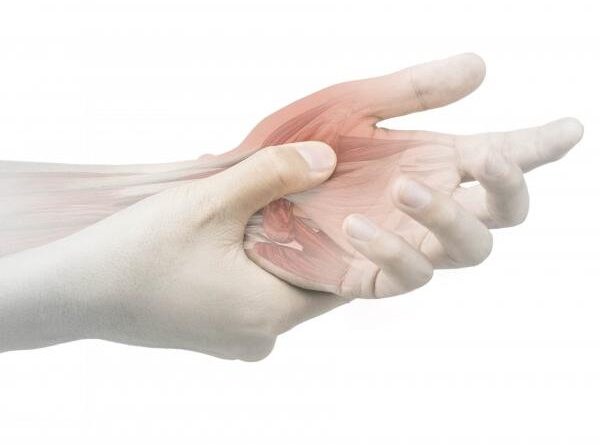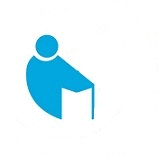
De Quervain’s tenosynovitis
 (dih-kwer-VAINS ten-oh-sine-oh-VIE-tis) is a painful condition affecting the tendons on the thumb side of your wrist. If you have de Quervain’s tenosynovitis, it will probably hurt when you turn your wrist, grasp anything or make a fist.
(dih-kwer-VAINS ten-oh-sine-oh-VIE-tis) is a painful condition affecting the tendons on the thumb side of your wrist. If you have de Quervain’s tenosynovitis, it will probably hurt when you turn your wrist, grasp anything or make a fist.
Although the exact cause of de Quervain’s tenosynovitis isn’t known, any activity that relies on repetitive hand or wrist movement — such as working in the garden, playing golf or racket sports, or lifting your baby — can make it worse.
Symptoms
Symptoms of de Quervain’s tenosynovitis include:
- Pain near the base of your thumb
- Swelling near the base of your thumb
- Difficulty moving your thumb and wrist when you’re doing something that involves grasping or pinching
- A “sticking” or “stop-and-go” sensation in your thumb when moving it
If the condition goes too long without treatment, the pain may spread further into your thumb, back into your forearm or both. Pinching, grasping and other movements of your thumb and wrist aggravate the pain.
Causes
Chronic overuse of your wrist is commonly associated with de Quervain’s tenosynovitis.
Tendons are rope-like structures that attach muscle to bone. When you grip, grasp, clench, pinch or wring anything in your hand, two tendons in your wrist and lower thumb normally glide smoothly through the small tunnel that connects them to the base of the thumb. Repeating a particular motion day after day may irritate the sheath around the two tendons, causing thickening and swelling that restricts their movement.
Other causes of de Quervain’s tenosynovitis include:
- Direct injury to your wrist or tendon; scar tissue can restrict movement of the tendons
- Inflammatory arthritis, such as rheumatoid arthritis
Treatment
Treatment for de Quervain’s tenosynovitis is aimed at reducing inflammation, preserving movement in the thumb and preventing recurrence.
Initial treatment of de Quervain’s tenosynovitis may include:
- Immobilizing your thumb and wrist, keeping them straight with a splint or brace to help rest your tendons
- Avoiding repetitive thumb movements as much as possible
- Avoiding pinching with your thumb when moving your wrist from side to side
- Applying ice to the affected area
At Alimran Medical Center, we may recommend any of the following treatments
Regenerative medicine treatment (Prolotherapy)
Steroid injection
- Electrical stimulation
- Short and long wave
- Laser therapy
- Ultrasonic therapy
- Magnatic therapy
- Exercises
